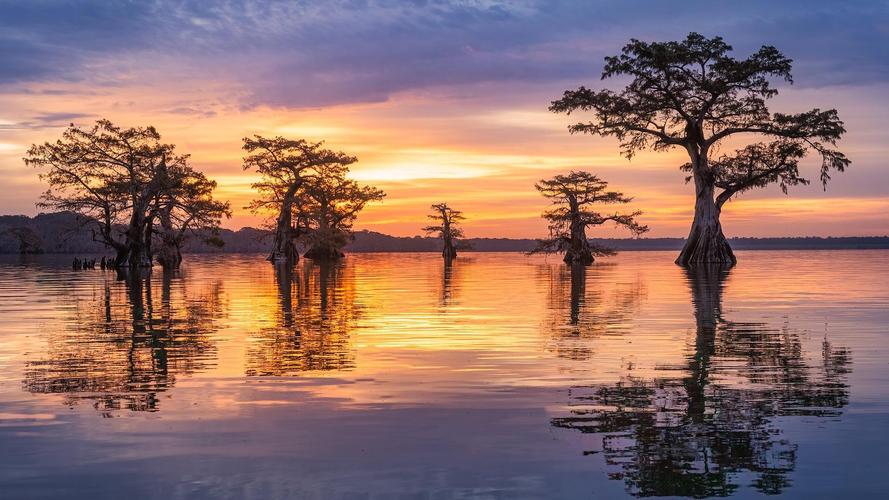Cultural heritage is an integral part of human history, reflecting the customs, traditions, beliefs, and cultural practices of a particular community or society. It is the legacy that passes down from generation to generation, shaping the identity of individuals and communities. In today’s world, where globalization and modernization have led to a significant loss of cultural heritage, understanding the significance of cultural heritage of humanity is more important than ever.
Cultural heritage plays a vital role in promoting social cohesion and cultural diversity. It provides a sense of belonging and identity to people, strengthening their social bonds and promoting mutual respect and understanding. The preservation of cultural heritage also helps to promote tourism, generating economic development opportunities for local communities and creating jobs in the cultural and creative industries.
However, over the years, cultural heritage has been under threat due to various factors, including wars, natural disasters, urbanization, globalization, and neglect. The destruction of cultural heritage not only leads to the loss of tangible and intangible cultural treasures but also undermines the cultural identity and traditions of communities and societies.
To address the challenges facing the preservation of cultural heritage, various initiatives and strategies have been put in place. These include the UNESCO World Heritage Convention, which seeks to protect and preserve significant cultural and natural sites worldwide, and the Global Strategy for Sustainable Tourism, which promotes the sustainable development of tourism while protecting natural and cultural resources.
In addition to these initiatives, the use of technology has also played a crucial role in preserving cultural heritage. Digital preservation techniques, such as 3D modeling, scanning, and virtual reality, are being used to document and preserve cultural heritage sites, artifacts, and traditions. These digital preservation techniques not only allow for the conservation of cultural heritage but also provide opportunities for people worldwide to experience and learn about different cultures.
In conclusion, cultural heritage of humanity is a valuable asset that should be preserved and protected for future generations. The preservation of cultural heritage not only strengthens the cultural identity of individuals and communities but also promotes social cohesion, diversity, and economic development. It is our collective responsibility to ensure that cultural heritage is preserved and passed down to future generations, and that it continues to play a significant role in shaping the identity and cultural practices of communities and societies.
(Note: Do you have knowledge or insights to share? Unlock new opportunities and expand your reach by joining our authors team. Click Registration to join us and share your expertise with our readers.)
Speech tips:
Please note that any statements involving politics will not be approved.
